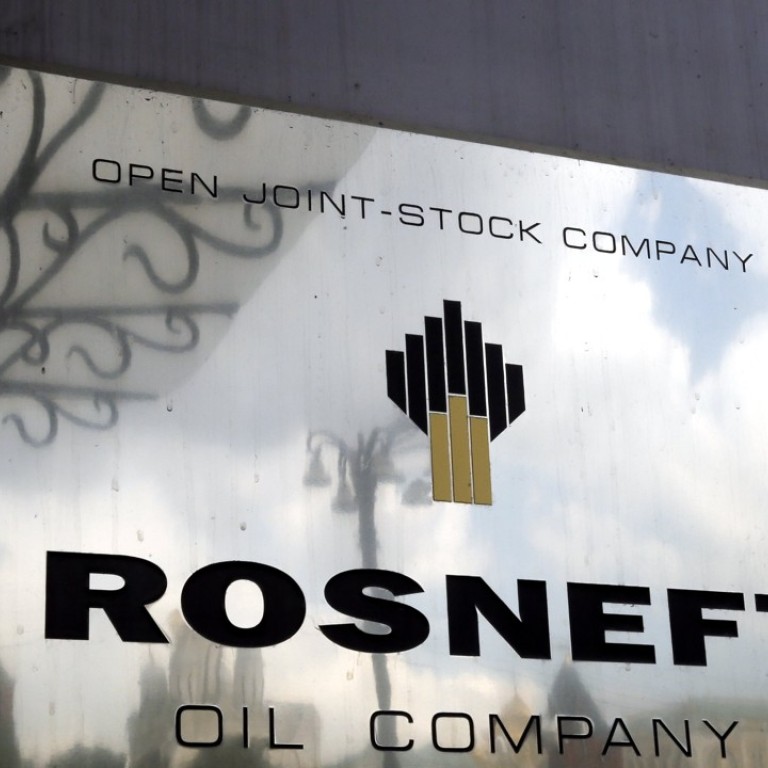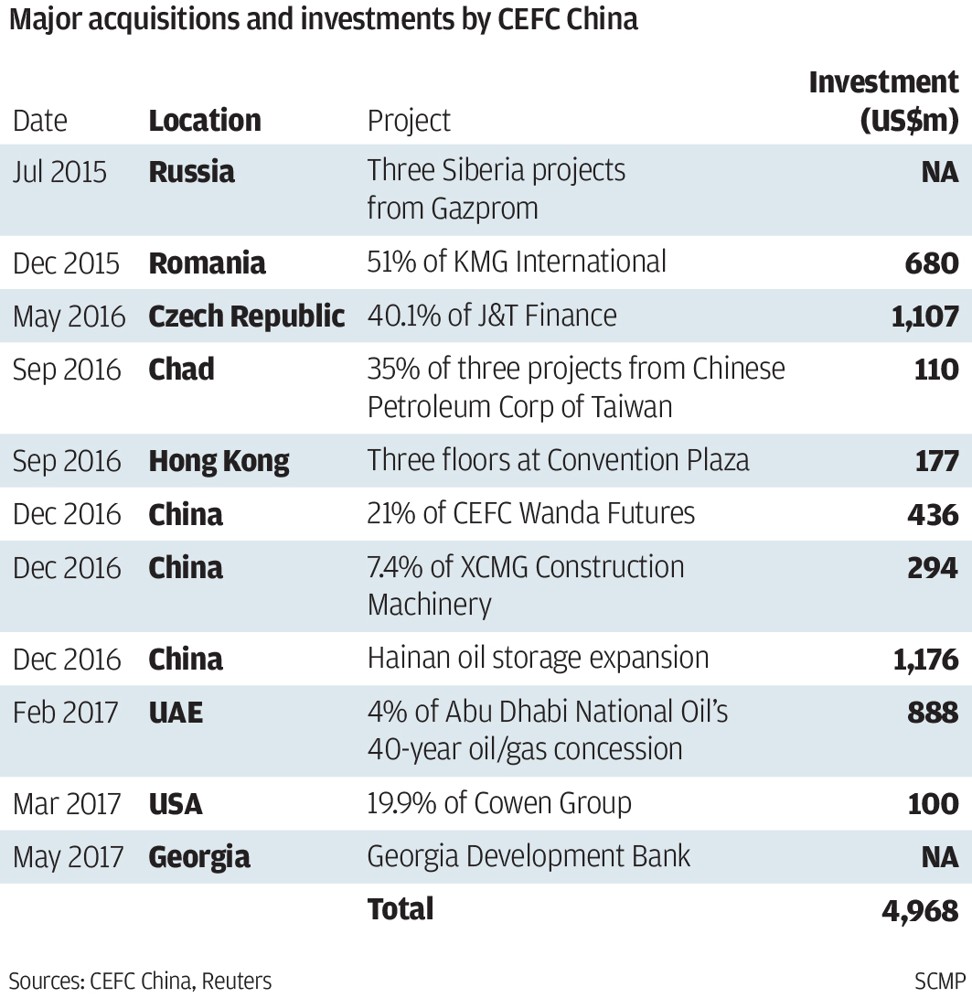
China’s CEFC buys 14pc of Russian oil company Rosneft for US$9 billion
CEFC is controlled by low-profile Fujian magnate Ye Jianming, who’s spent at least US$5 billion on asset acquisitions since 2015.
A Chinese company will take a 14 per cent stake in Russia’s powerful state oil company for €7.5 billion euros (US$9 billion), illustrating the growing cooperation between the two countries in the energy sector.
Swiss commodities trader Glencore said Friday that it and Qatar Investment Authority, the rich Persian Gulf emirate’s sovereign wealth fund, have agreed to jointly sell a 14.16 per cent stake in Rosneft to CEFC China Energy Company Ltd.
The deal, which remains subject to final negotiations and regulatory approvals, values the shares at a premium of about 16 per cent to the average price of Rosneft’s share price over the last 30 days. Rosneft remains majority-owned and controlled by the Russian state.
Russia and China — the world’s largest energy consumer — have grown closer together on oil and gas issues in recent years. In 2014, amid fraying relations with Russia’s traditional energy markets in Europe, Russian state gas company Gazprom agreed a deal with China to supply gas via a new pipeline across the Russia-China border. The pipeline, named Power of Siberia, remains under construction.
Friday’s deal comes barely nine months after QIA and Glencore took a 19.5 per cent stake in Rosneft, a deal billed by the Kremlin as the privatisation of the Russian oil giant.

Following the deal, Glencore said it would continue to own around 0.5 per cent of Rosneft, with 4.7 per cent held by QIA.
Glencore and QIA decided “to find an extra partner to provide for the direct ownership of these shares without a debt burden,” he said.
Sechin added that he was pleased to have Chinese representation in Russia’s main oil producer, and that CEFC would be welcome to take part in Russian oil production projects as a minority partner, particularly in Eastern Siberia.

